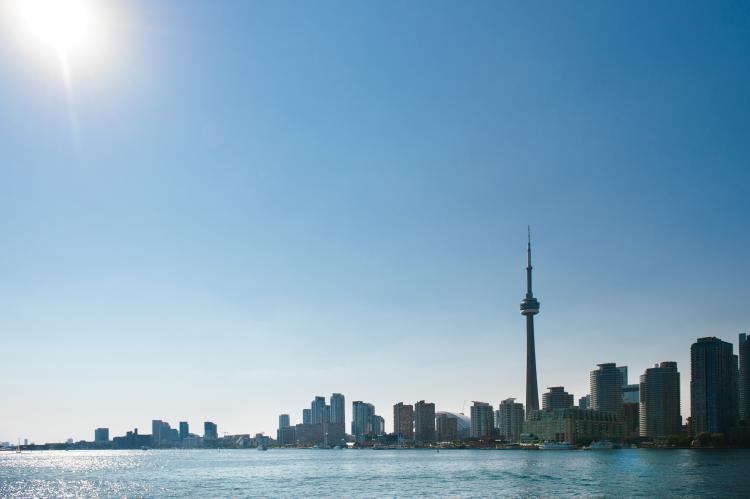Breaking
Toronto, Vancouver top PwC rankings on livable, sustainable cities

(Photo from Visit Toronto’s Facebook page)
MANILA – Coinciding the Asia-Pacific Economic Cooperation (APEC) 2015 Summit, 28 cities across APEC member-economies were studied and ranked according to their livability and sustainability measured through 39 indicators.
Emerging on top of the list were Toronto, Vancouver and Singapore as the three overall most livable, sustainable and competitive among APEC cities to reside and do business in, according to the results of the ‘Building Better Cities’ study.
PricewaterhouseCoopers (PwC) studied the role of urban centers in APEC’s economic and social growth and these cities’ influence outside the region. The study considered how each city fared in terms of development, what differentiated each city, and what hindrances each faced.
“Our goal for this study is to spur dialogue among city leaders who are tackling challenges ranging from technological developments that make large investments outdated, to overstretched municipal budgets,” PwC chairman Bob Mortiz said in a statement.
“This dialogue is critical because cities of APEC member countries will likely form ties to other cities, and in some cases even to other national economies,” he added.
PwC gave city leaders ‘a view of where they are now and it hopes to inspire cities within APEC to collaborate and seek advice to solve tenacious problems.’ They also studied the ‘rates of middle-class population growth, gross domestic product growth and the status of mobile broadband access.’
“I commend this report. It is not a report card of cities. It is a discussion of cities,” Lord Mayor of Melbourne Robert Doyle said in a press briefing.
“In doing this study with PwC, I wanted to be sure we looked beyond economic clout and considered livability and sustainability. I hope this first-ever APEC cities study triggers sustained action. I hope it helps build the momentum towards designing, building, and redeveloping competitive cities in APEC through research and action-oriented programs,” Ayala Corp. Chairman and CEO Jaime Augusto Zobel de Ayala said in a statement.
With an increasingly mobile and global workforce, cities have more opportunity for inclusive growth. To achieve this, a specific asset was deemed important. Hence, cities should build up their ‘brands’ and encourage collaboration between their private and public sectors.
“Brand cannot just be a slogan or a logo; it must be built on growth and must ring true for all involved… It is imperative that solving metropolitan issues is treated as part of the national agenda, where national and urban governments work together,” Mortiz said.
“When people think of where to live, work, invest, and visit, they don’t think countries, they think cities. Density and diversity make cities more imaginative, so long as that density and diversity are well-managed. That’s why public-and-public collaboration is needed to keep cities competitive,” Ayala said.





















